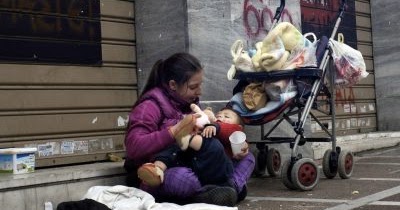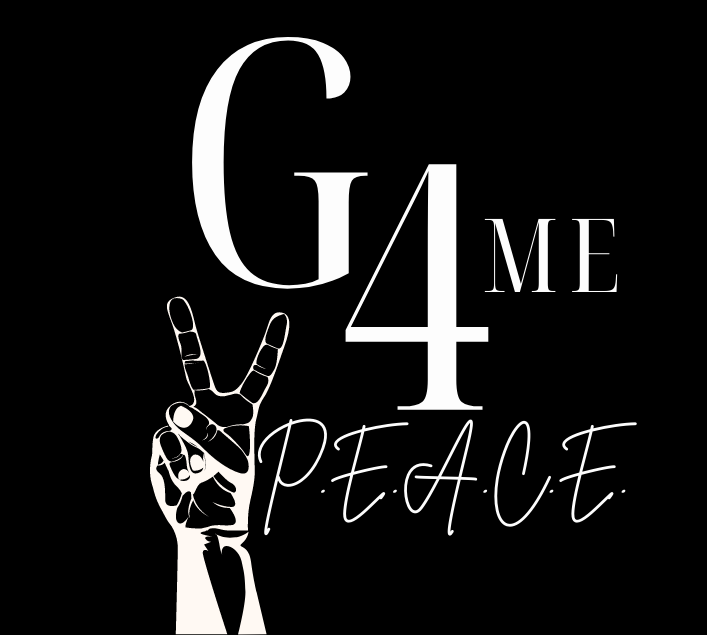Invisible People: Bringing Light to the Overlooked By News Correspondent, Gabrielle Nicole
Invisible People: Bringing Light to the Overlooked By News Correspondent, Gabrielle Nicole

(Philadelphia, Pennsylvania) In the dark corners of America, invisible people live in the shadows—forgotten and ignored. Among them are the formerly incarcerated and their families, many of whom face homelessness. But the plight of these individuals isn’t confined to the big cities. In fact, the suffering is widespread across the country—impacting urban, suburban, and rural areas alike. The need for help is desperate and dire in all regions, though the challenges may manifest in different ways.
For example, a 2022 study found that rural counties had incarceration rates 50% higher than urban areas, meaning the ripple effects—homelessness, poverty, and family disintegration—are magnified. When someone returns from prison, whether in a rural town or urban center, they often come back to communities with limited social services, fewer job opportunities, and a lack of affordable housing options. For families left behind, particularly women and children, the strain of compounded trauma is almost unbearable.
Even more alarming is the fate of children caught in this cycle. Across the U.S., over 2.7 million children have an incarcerated parent. These children are more likely to become homeless due to the loss of family income, parental support, and the stigma attached to having a parent in the justice system. What happens when these children have nowhere to go? Many end up in the foster care system or group homes, torn away from their parents, siblings, and communities—a fate that only deepens their trauma.
The foster system, while necessary for some, often exacerbates the emotional scars these children and their parents carry. For children, separation from their mothers, often at a young age, can lead to abandonment issues, depression, and developmental delays. A 2020 report from the National Conference of State Legislatures revealed that children in foster care are four times more likely to experience developmental delays and other emotional challenges. Group homes, which are sometimes used as a last resort, can be especially traumatic for children due to a lack of individualized attention and care, contributing to feelings of neglect and isolation.
For the mothers, the trauma is no less severe. The removal of their children, often because of conditions tied to poverty or homelessness, can lead to feelings of guilt, grief, and despair. Many mothers in these situations already face overwhelming challenges—mental health struggles, lack of employment, and housing insecurity. The loss of a child to foster care often deepens these struggles, creating a cycle of hopelessness that’s hard to break. The shame and stigma associated with losing custody can further isolate mothers, making it harder for them to access the help they need to reunite with their children.
Special needs families already face incredible challenges, but when homelessness is added to the equation, the consequences are catastrophic. Without access to regular healthcare, specialized education programs, and emotional support, children with special needs who experience homelessness are at much higher risk of long-term psychological and developmental harm. Areas across the country, especially rural regions, often lack the specialized services these families need, leaving them vulnerable and helpless.
This is where Game for Peace steps in. Our newly launched Queen’s Princesses, Flowers, and Seeds initiative is a direct response to these devastating realities. We recognize that the need for holistic support is critical in every part of the country. Through our initiative, we are committed to offering a lifeline to families who fall through the cracks—particularly those affected by incarceration and homelessness.
The Game 4 P.E.A.C.E Queen’s Princesses, Flowers, and Seeds initiative provides targeted support for children, women, and families. In addition to mentorship and life skills programs, we focus on keeping families together by offering transitional housing, family counseling, and resources tailored for special needs children. We understand that when families are separated during the homelessness process, the trauma is generational. Our initiative works tirelessly to ensure these children, and their parents have the tools to rebuild their lives together, without the additional hardship of separation.
In our forums, we bring attention to the widespread need across the country, as every region—whether urban, suburban, or rural—faces similar and distinct challenges tied to incarceration, homelessness, and family breakdown. The statistics are sobering, but the stories are even more powerful. Through the Queen’s Princesses, Flowers, and Seeds initiative, we seek not only to offer immediate relief but also to push for systemic change—so that families, especially those in under-resourced areas, can find the help they need before it’s too late.
The invisible people in every part of our country cannot be forgotten any longer. The time to act is now. We invite community leaders, advocates, and policymakers to join us in this urgent fight to restore dignity and hope to families who have been left behind. Together, through our forums and initiatives, we can shine a light on the invisible and work toward real, lasting solutions.


